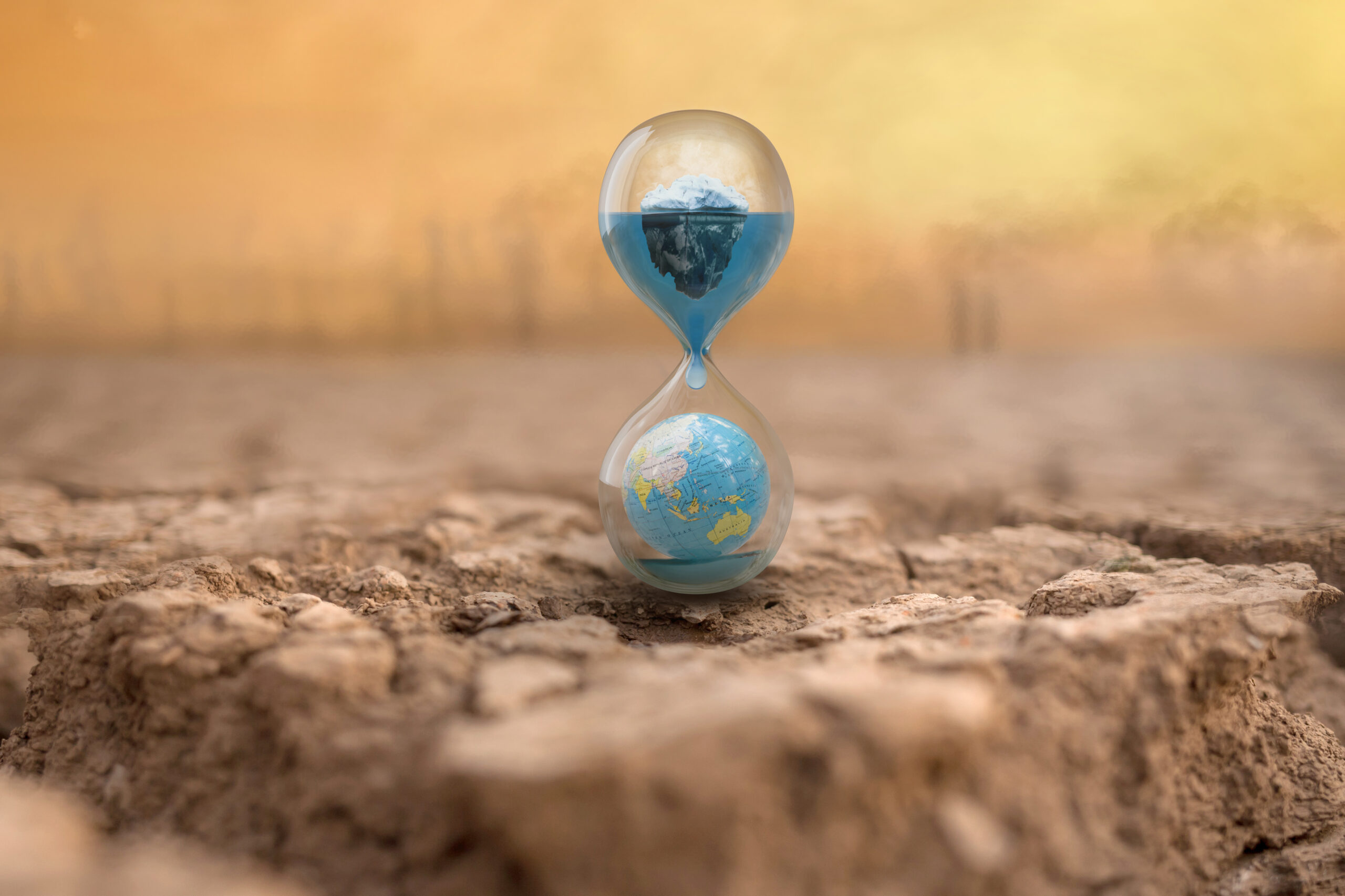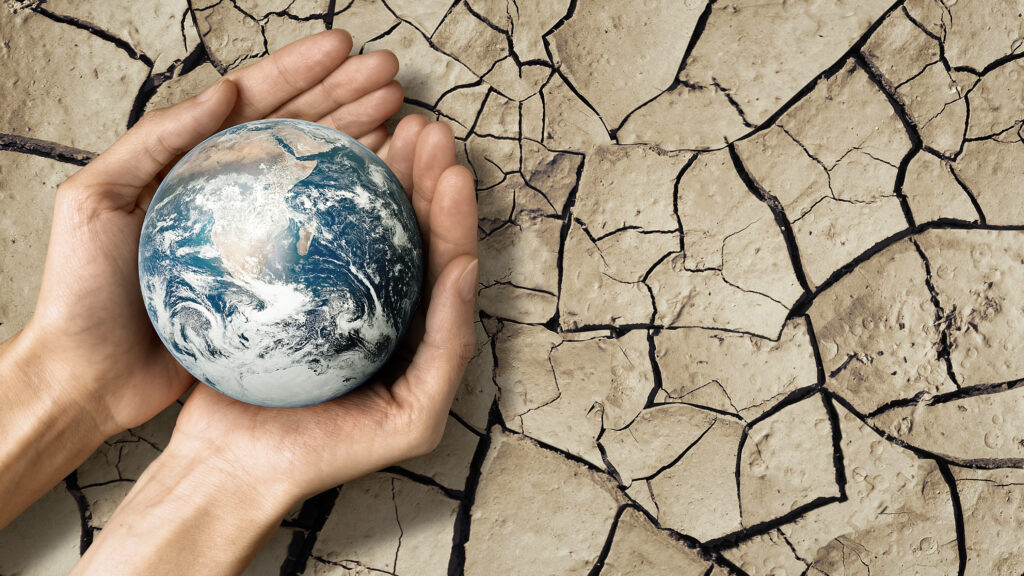Climate change and its impact on Water Conservation
Climate change is one of the most pressing issue of our time, and its
impact on water conservation cannot be overlooked. Rising temperatures, changing precipitation patterns, and melting glaciers are altering the availability and quality of resources worldwide. As the planet warms, evaporation rate increases, leading to more frequent and severe droughts in certain regions. This poses a significant challenge to water conservation efforts, as water scarcity becomes a reality for many communities.


The effects of climate change on water conservation are far reaching. Prolonged droughts lead to decreased water levels in lakes, rivers, and ground water sources, putting stress on ecosystems. Melting glaciers and ice caps contribute to saltwater intrusion into fresh water sources, further depleting fresh water resources, making it more important to conserve the reserve we already have.
To mitigate the impact of climate change on water conservation, urgent collective action is required. Adapting to changing weather patterns and implementing sustainable water management strategies are crucial. This includes investing in infrastructure for rain water harvesting, improving water efficiency in agriculture and industries, and promoting responsible water usage among individuals. Furthermore, supporting initiatives that reduce greenhouse gas emissions, such as transitioning to renewable energy sources, can help address the root cause of climate change and its effects on water resources.

In conclusion, climate change poses a significant threat to water conservation efforts worldwide. The changing climate patterns disrupt the availability and quality of water resources, leading to droughts, decreased water levels, and saltwater intrusion.
To combat these challenges, a comprehensive approach is needed, focusing on sustainable water management, conservation practices, and efforts to mitigate climate change. By prioritizing water conservation and taking action to reduce greenhouse emissions, we can work towards a more sustainable future where water resources are protected for generations to come.

